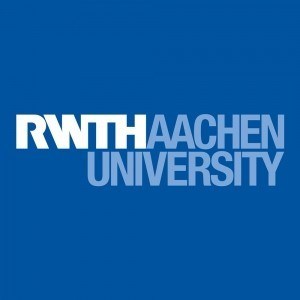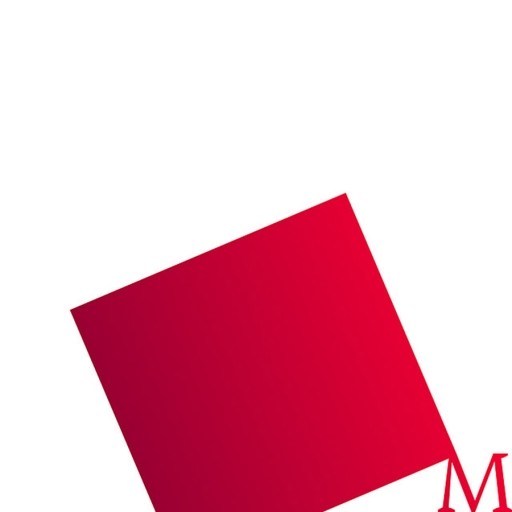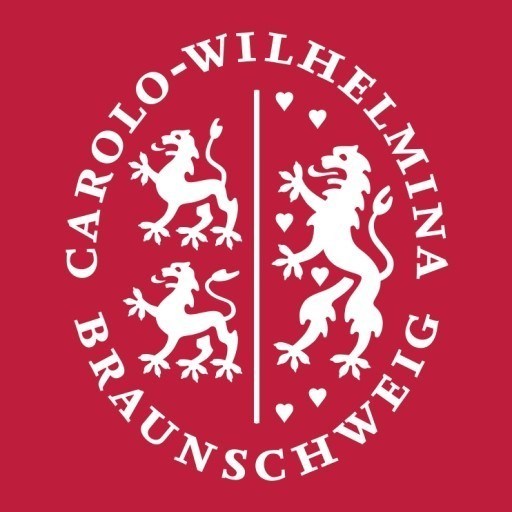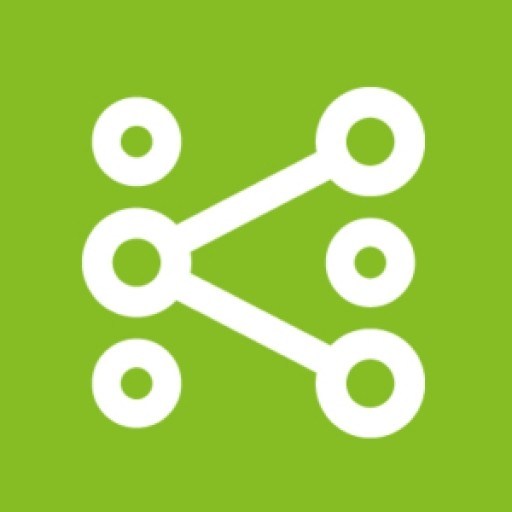Photos of university / #tu.muenchen
The Mathematics in Science and Engineering program at the Technical University of Munich (TUM) offers a rigorous and comprehensive education tailored to students interested in applying advanced mathematical methods to scientific and engineering problems. This Master's degree program is designed to equip students with a deep understanding of mathematical theories, computational techniques, and analytical tools necessary for innovative research and development in various technical fields. Throughout the program, students will engage with core topics such as linear algebra, differential equations, numerical analysis, mathematical modeling, probability theory, and optimization, complemented by specialized modules in applied mathematics relevant to engineering and scientific disciplines.
The curriculum emphasizes analytical thinking, problem-solving skills, and the ability to develop and implement mathematical models to address complex challenges encountered in engineering applications, physics, computer science, and related areas. Students will have the opportunity to participate in practical projects, internships, and collaborative research with industry partners, providing valuable real-world experience. The program also fosters interdisciplinary approaches, encouraging students to integrate knowledge from physics, engineering sciences, and computer science, thereby preparing them for careers in academia, research institutions, or industry sectors such as aerospace, automotive, IT, and telecommunications.
Instruction is delivered through a combination of lectures, tutorials, workshops, and self-study, with courses conducted in English. The program is designed for students holding an undergraduate degree in mathematics, engineering, or a natural science who are seeking to deepen their mathematical expertise and enhance their employability in research and development roles. Graduates will possess strong quantitative skills, advanced mathematical knowledge, and practical experience, positioning them for leadership roles in innovative projects across various technical fields. The program aims to foster a vibrant academic community, encouraging collaboration, creativity, and lifelong learning among its students, thereby contributing to the advancement of science and technology through mathematical excellence.
Educational organisation
The programme of study will comprise the following:- Months 1-10: lectures, laboratory work and industry excursions in Singapore
- Months 11-12: two-month internship at a company (in Singapore, Europe, etc.)
- Months 13-18: six-month Master's thesis in Singapore or Germany, at TUM or in a company
- Months 18-24: Students who choose the Railway Engineering specialisation are required to complete this additional six-month semester at TUM's main campus in Munich.
Part-time studies through extended candidature
Study abroad unit(s)
Programme overview:- Months 1-10: lectures, laboratory work and industry excursions in Singapore
- Months 11-12: two-month internship at a company (in Singapore, Europe, etc.)
- Months 13-18: six-month Master's thesis in Singapore or Germany, at TUM or in a company
- Months 18-24: Students who choose the Railway Engineering specialisation are required to complete this additional six-month semester at TUM's main campus in Munich.
All students may complete an additional semester in TUM, resulting in an addition of a three-month break and a six-month semester at TUM prior to the internship.
The student can choose any module from all faculties in TUM, subject to the approval from the faculties and registration process via TUM Asia, and visa approval.
Internships
After two (or three) semesters of coursework, all students have to complete a (minimum) two- or three-month internship with the industry or with an academic institution. It is required for the student to complete an internship related to his or her field of study at TUM Asia.One can secure an internship in Singapore, Germany, or in any other country in Asia, Europe or the rest of the world. Students who have secured a scholarship with their sponsoring company will conduct their internship in the company (this can be conducted in any branch of the company worldwide). Students without an industrial sponsorship are to look for internships independently. It is expected that all students take an active approach in this search for internships. TUM Asia will help provide students with any possible internship opportunities, but students are to lead the search for internships on their own.
Forms of assessment
Each module has a continuous assessment and a final exam. We use a credit point system. The final transcripts contain both international and German grading.Course objectives
As a professional with the MSc in Transportation and Logistics, it is possible to start a career in many different areas of the logistics and transportation sector. Some examples include the following career areas and job possibilities:- Any kind of freight and logistics enterprises
- Transportation and logistic consultants
- Government
- Public transport authorities
- Urban and regional planning departments
- Transportation companies (land, sea, air)
- Automotive industry
- Infrastructure-maintaining companies
If you are interested in research and/or pursuing further studies, you can also work in many different research institutions and organisations. By holding an MSc degree, you are also entitled to apply for a doctoral/PhD course.
Language requirements
Applicants whose native language or medium of instruction from previous studies (e.g. Bachelor's programme) is not English must submit at least one of the following:- TOEFL requirements: minimum 605 for paper-based test / 234 for computer-based test / 88 for Internet-based test
- IELTS requirements: overall IELTS results of at least 6.5
Academic requirements
Applications are open to candidates who hold a relevant Bachelor's degree or its equivalent in any of the following areas (but not limited to these areas): Civil Engineering, General Engineering, Economics.However, if you are not sure whether you fulfil the admission requirements, kindly contact us.
Enrolment fees
Approx. 115 EUR per semesterCosts of living
Around 1,000 SGD per month in Singapore and around 700 EUR per month in Munich for accommodation, living, health insurance, books, and miscellaneous expensesFunding opportunities within the university
Limited scholarships from renowned partners in the industry and TUM Asia-scholarships.These awards are highly competitive and are given in recognition of students with outstanding academic achievements, strong leadership qualities, and good moral character as well as good recommendations or testimonials.
The selection for scholarship recipients is at the discretion of the relevant industry sponsors. This may include full or partial coverage of the tuition fees. A monthly stipend will be given in some cases.
TUM Asia offers a limited number of bond-free scholarships to students. These scholarships will offer subsidies in tuition fees ranging from 20%-100% subsidies.
http://tum-asia.edu.sg/admissions/scholarships/
Arrival support
We provide information upon arrival in Singapore and Munich.We fully assist in visa issues.
We offer an orientation week to new students in order to inform students about residence permits, insurance, etc.
Accommodation
It is not easy to find a place to live in Munich - but it is not impossible either! TUM supports students and employees in their search for accommodation, providing personal advice, in-house listings and useful information to ensure that you can quickly find a place to call your own: http://www.tum.de/en/university-life/accommodations/With high rents and not enough rooms in halls of residence, the Munich rental market is one of the most competitive in Germany - especially for students. The city boasts over 1.4 million inhabitants, with more people moving to Munich every year - many of them attracted by the excellent study opportunities that Munich has to offer.
Student halls of residence usually offer affordable accommodation for students. The Munich Student Union runs most of these halls of residence - more information at http://www.studentenwerk-muenchen.de/en/accommodation/










